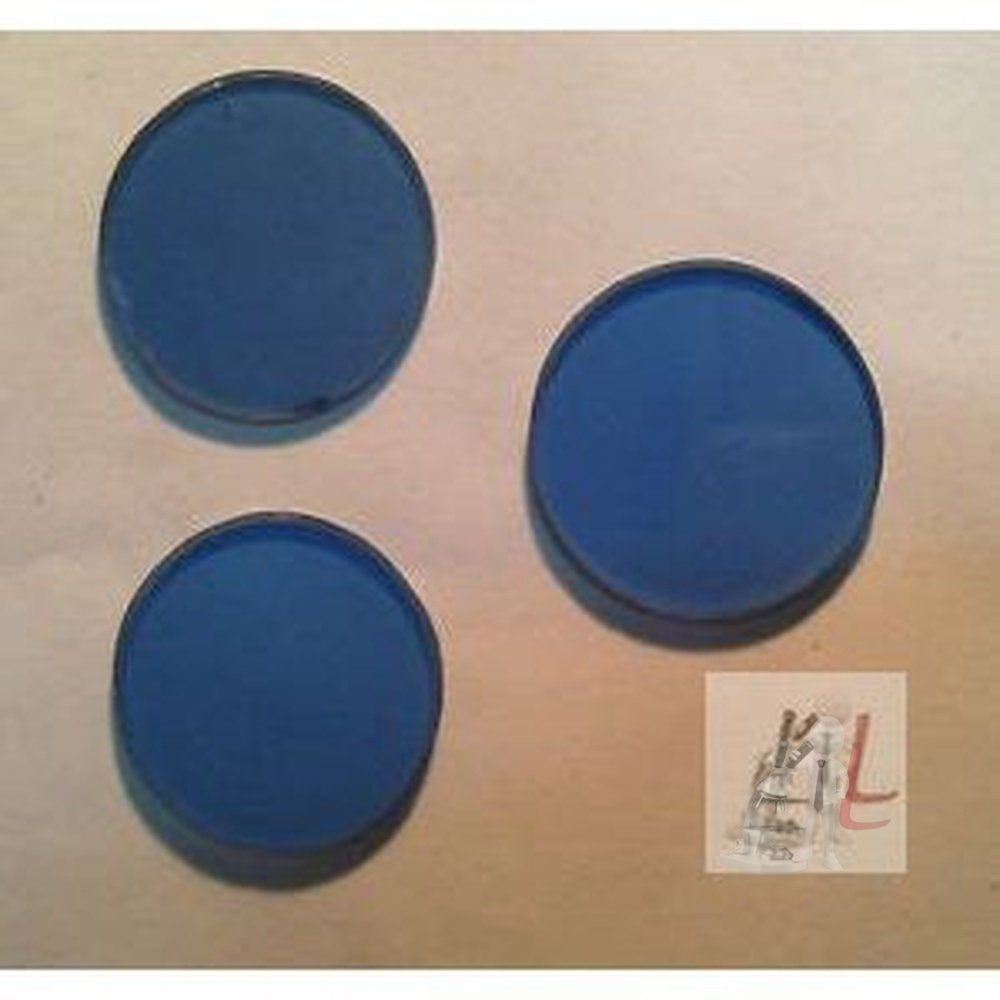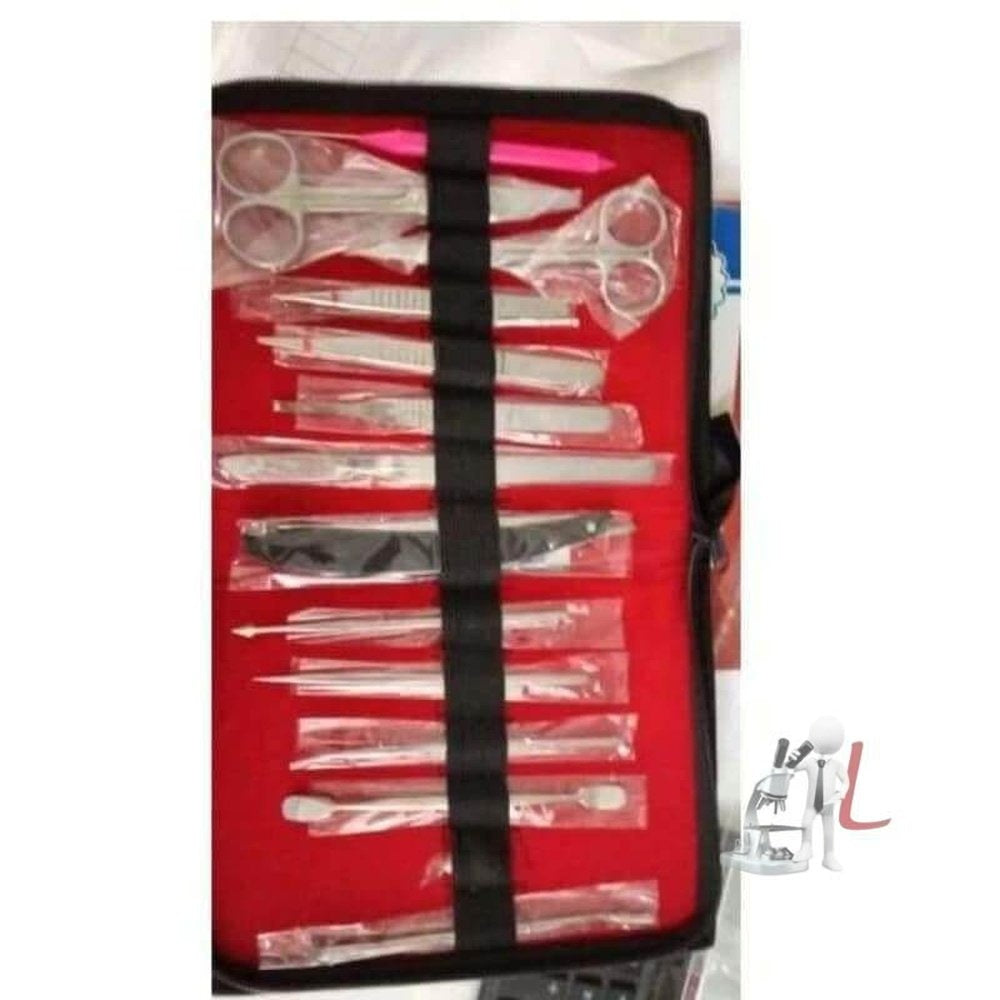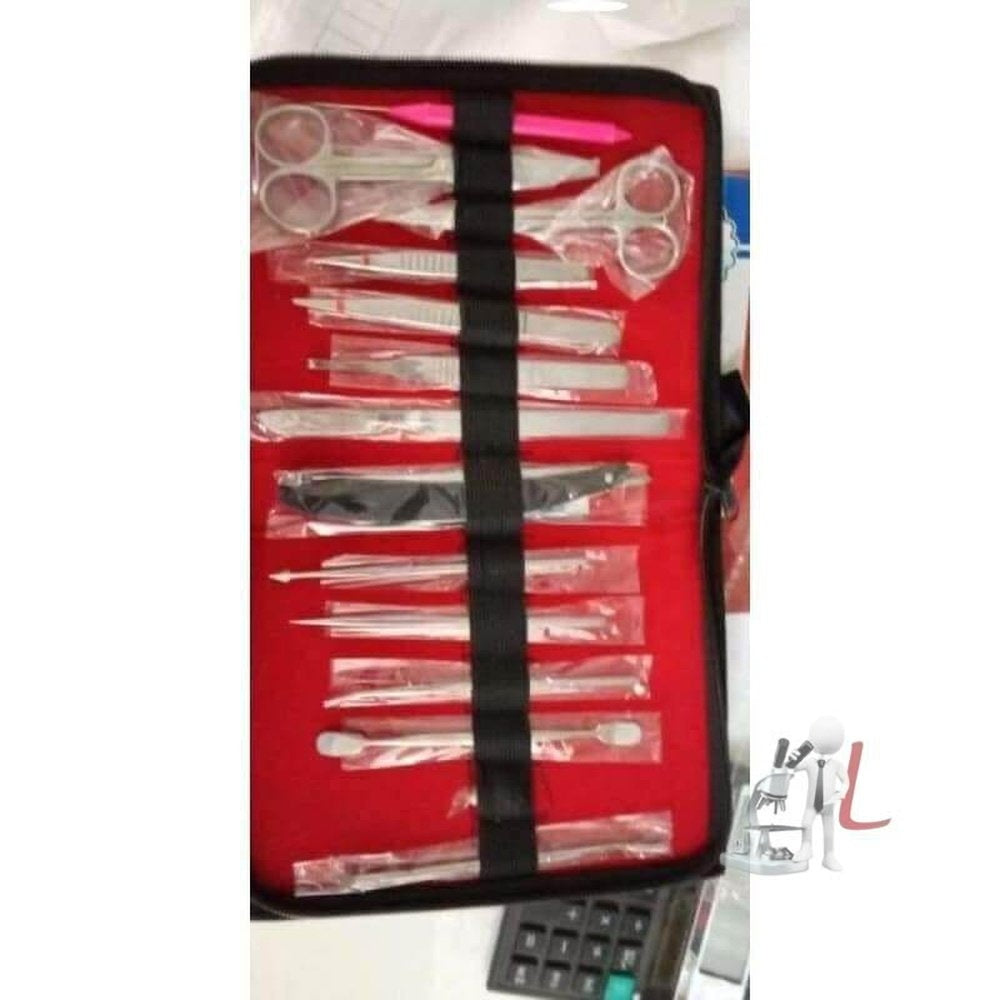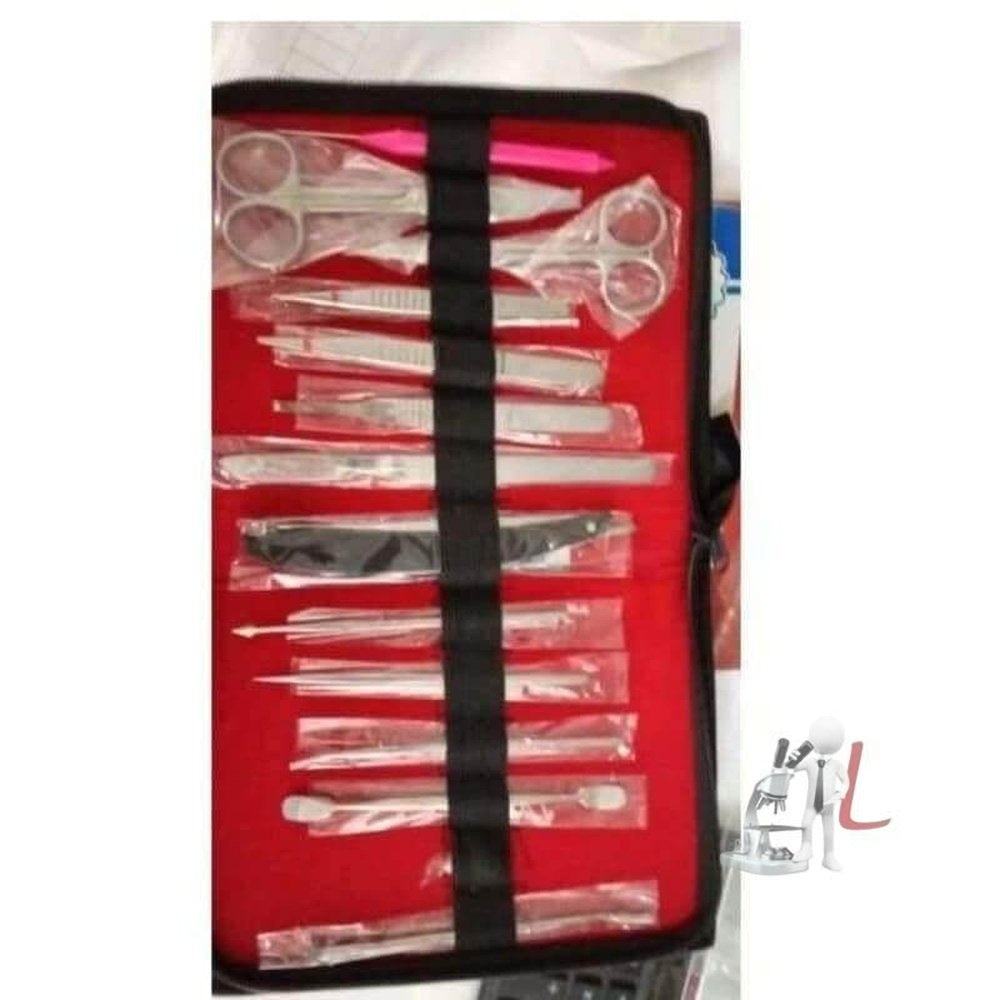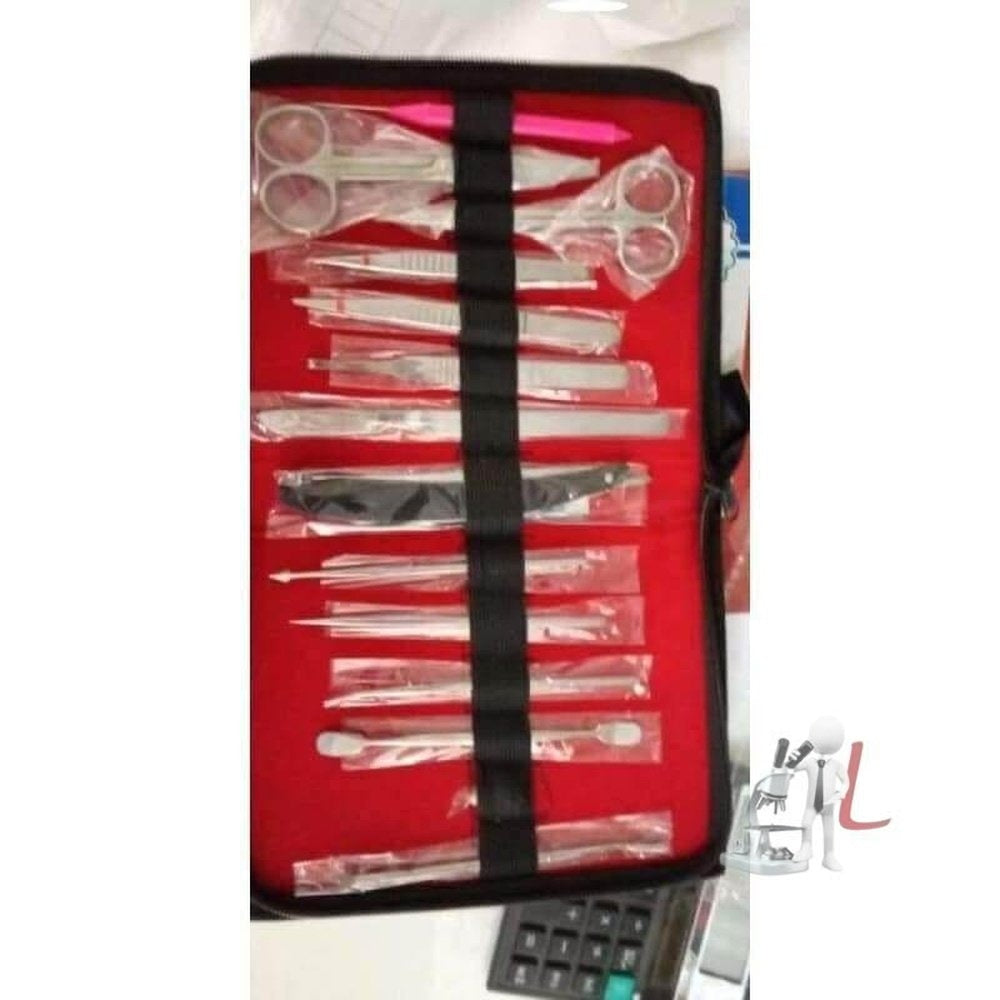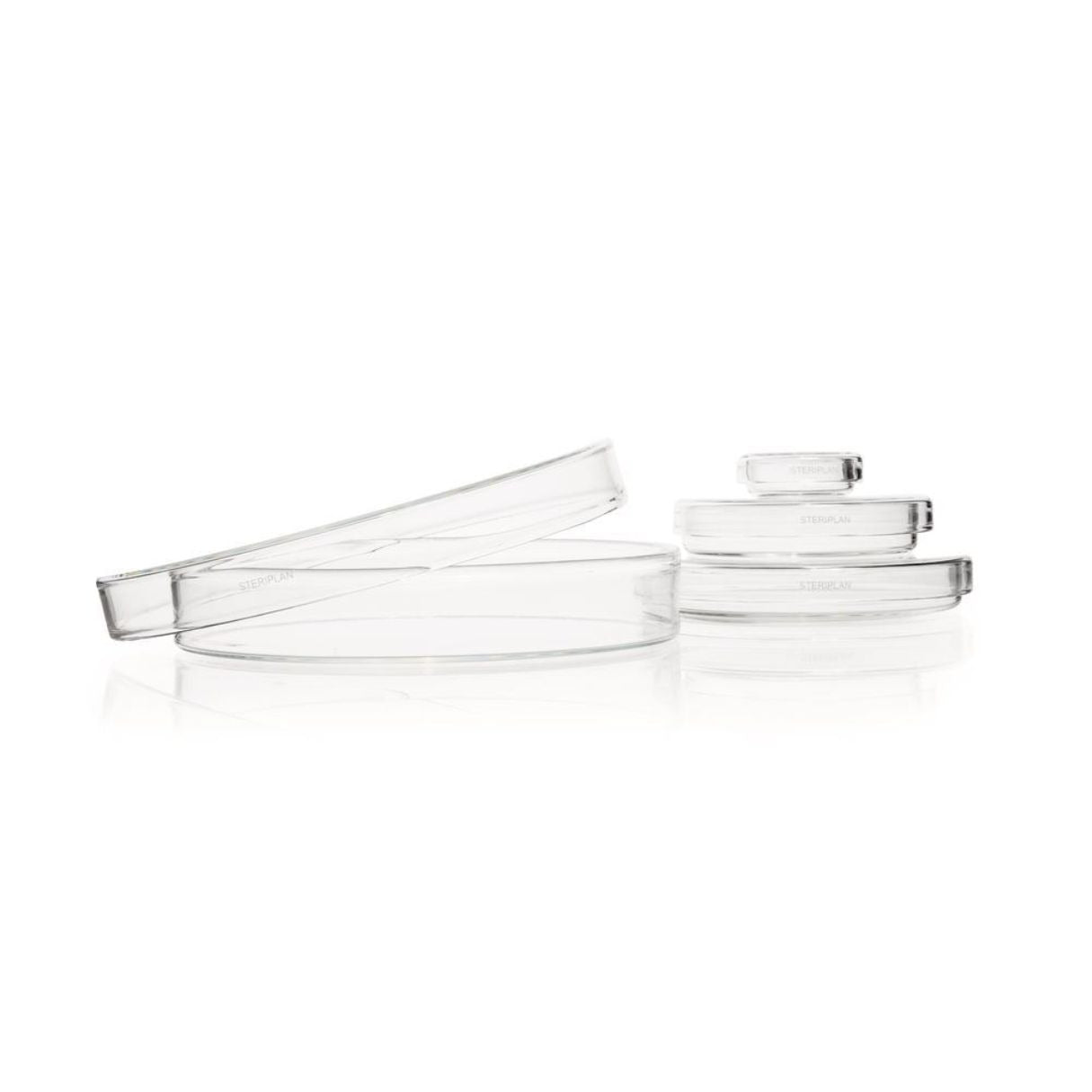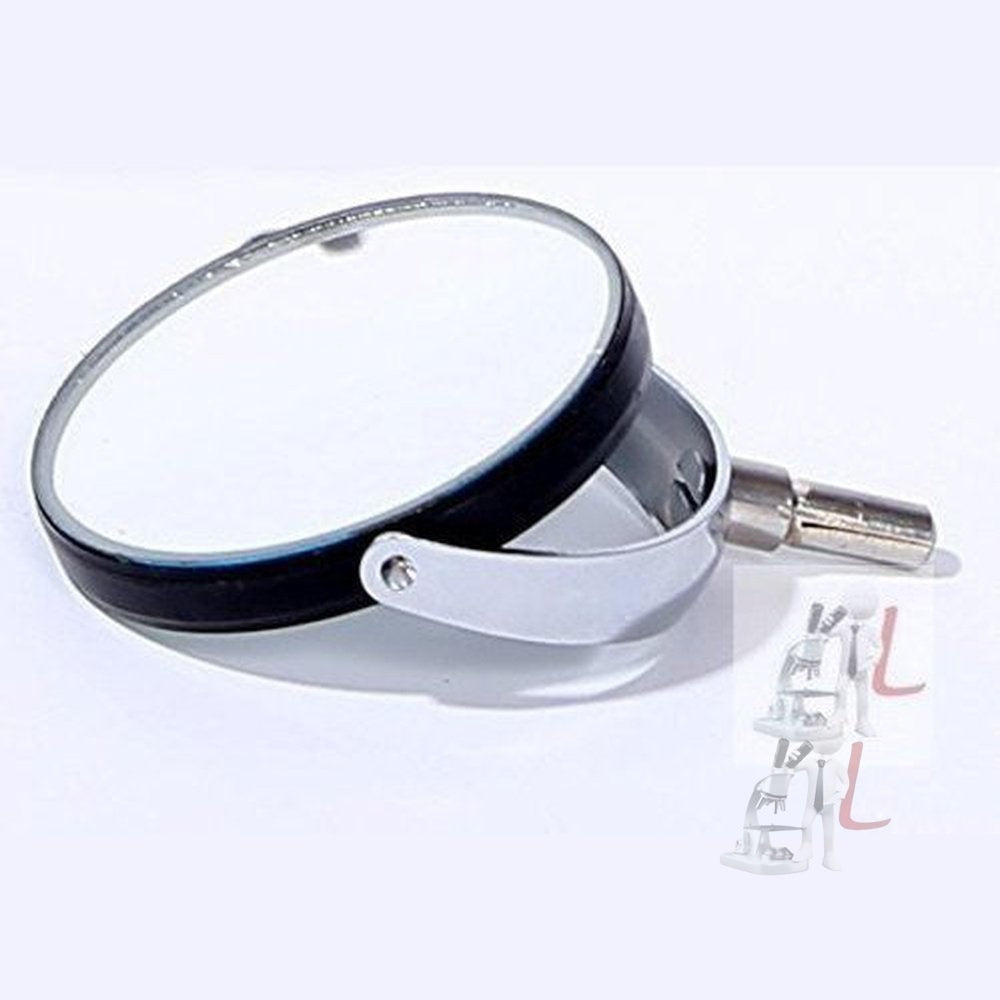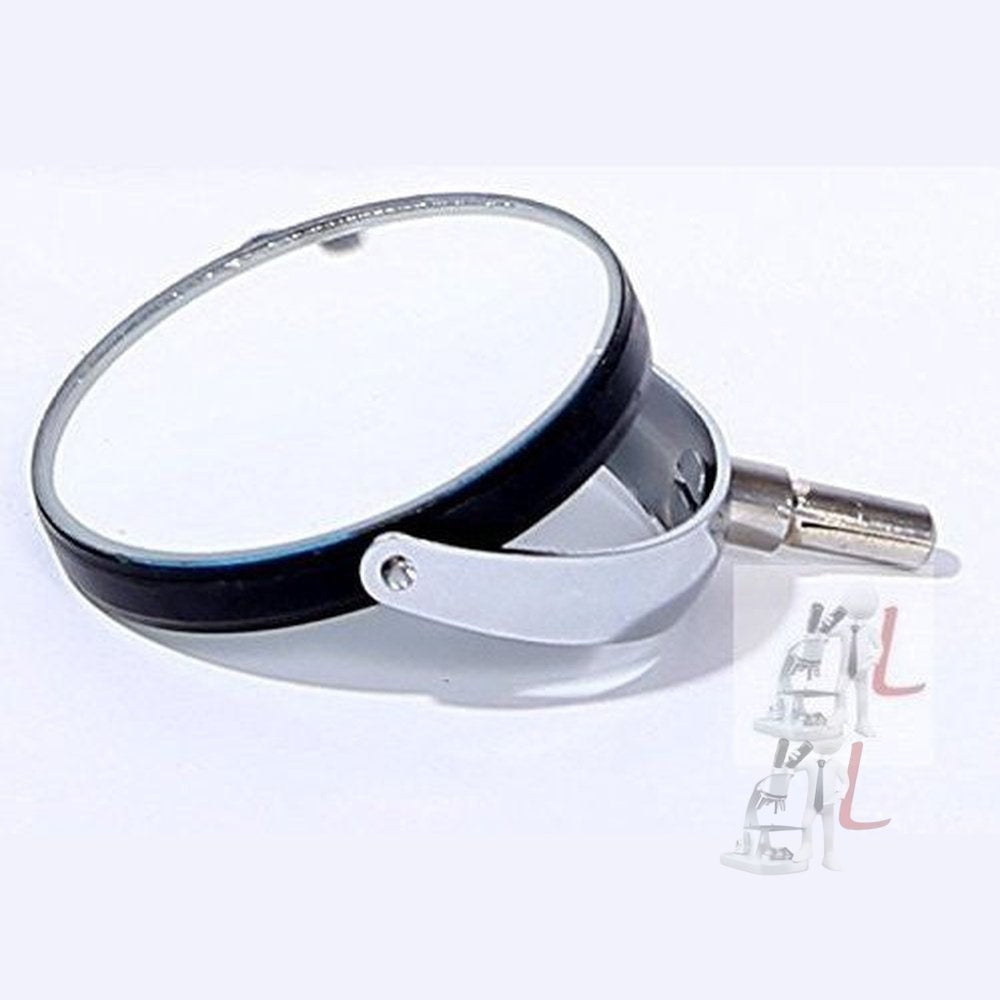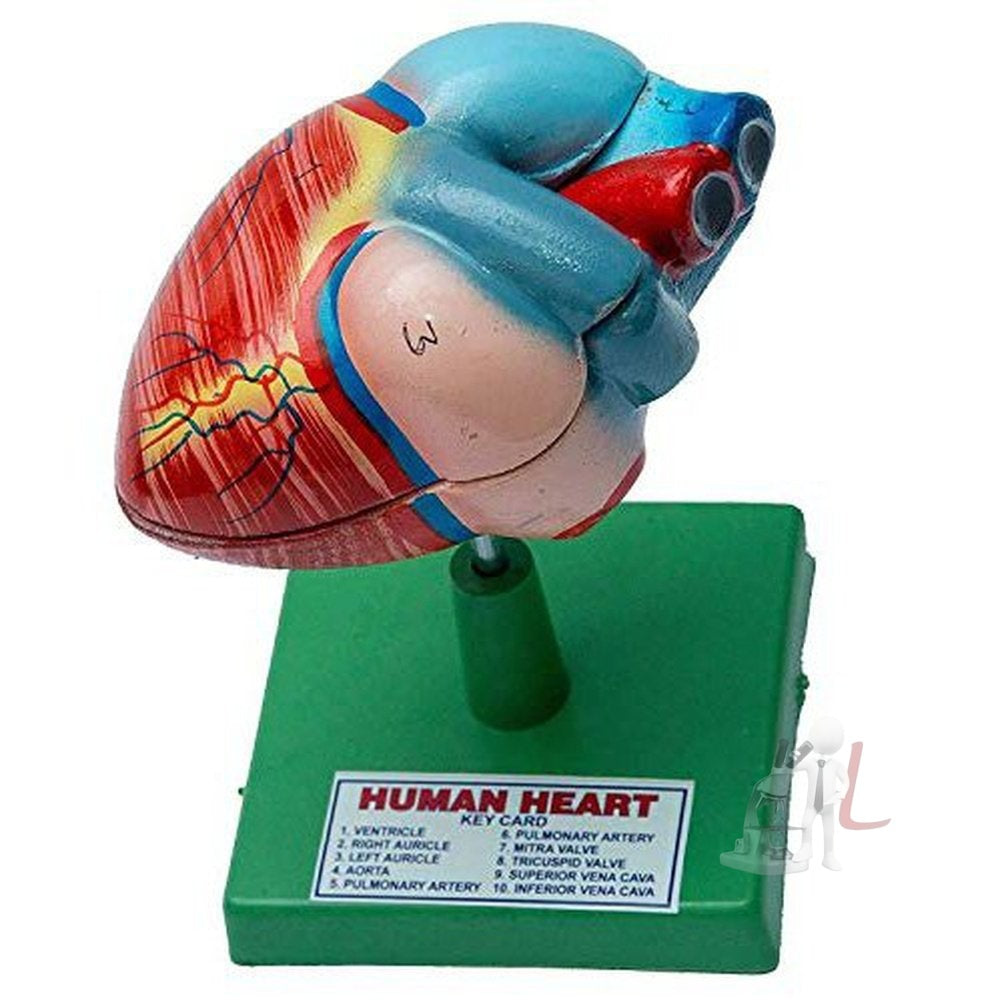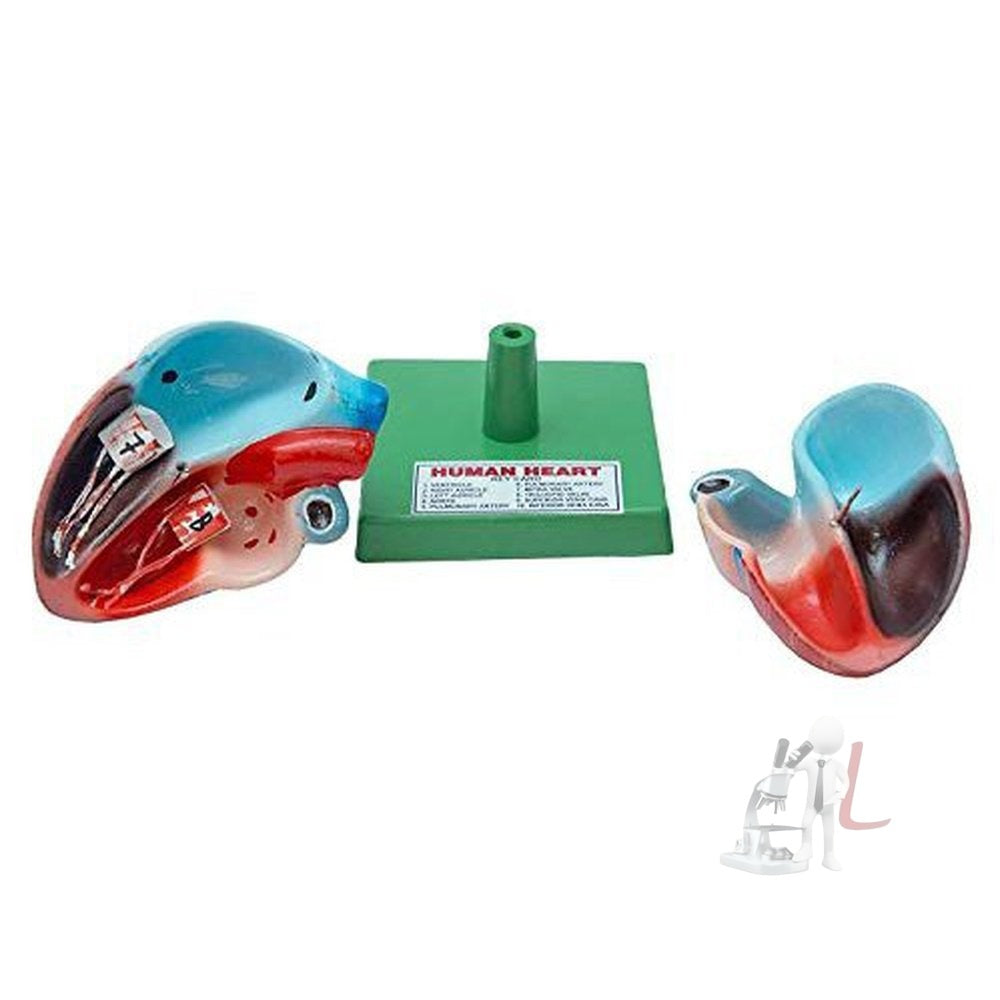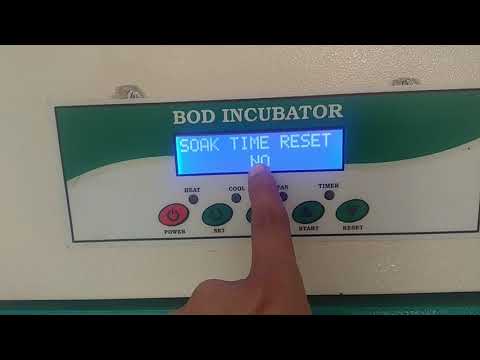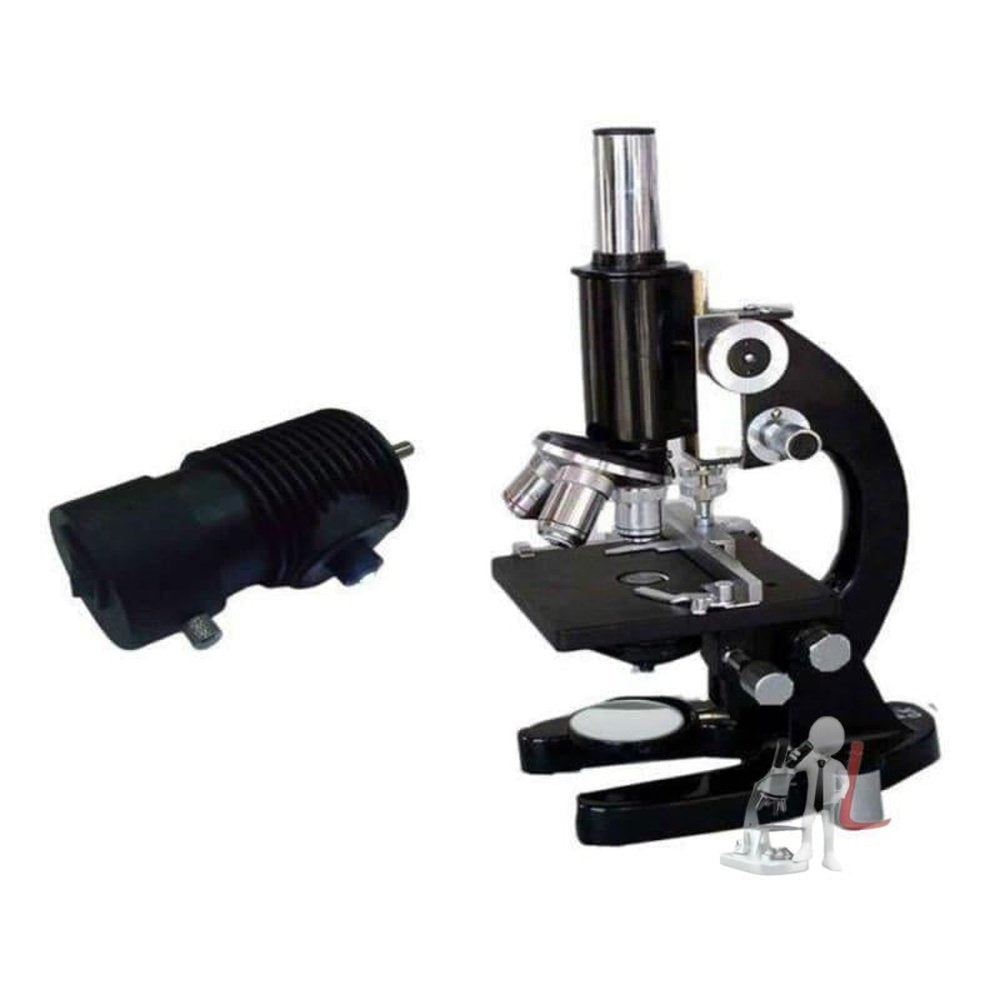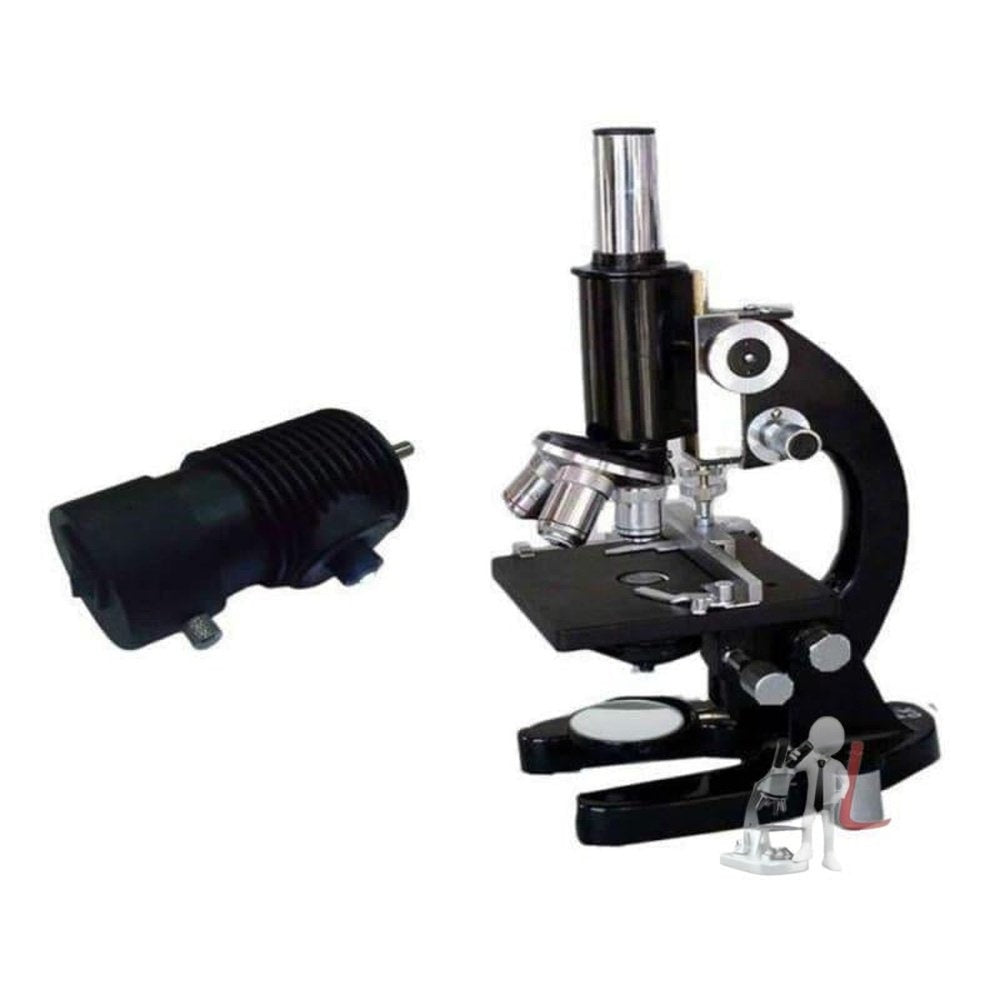Biology Lab Equipment
Biology lab equipment is essential for conducting experiments and research in the field of biology. This specialized equipment aids scientists and students in observing, measuring, and analyzing biological processes, making it crucial for advancing our understanding of life sciences. From microscopes to Petri dishes, each piece of biology lab equipment serves a specific purpose and contributes to experimental accuracy and success.
When setting up a biology lab, certain fundamental equipment is necessary for both advanced research and basic experiments. Microscopes, for example, allow users to see microscopic organisms and cells in detail, which is essential for a wide range of biological studies, including microbiology and histology. Different types of microscopes, such as compound and stereo microscopes, are available, each designed for specific applications in biology.
In addition to microscopes, another key piece of biology lab equipment is the incubator. Incubators provide a controlled environment for cultivating microorganisms, cells, or tissues at specific temperatures. They play an important role in experiments that require precise temperature conditions to study growth and development. Similarly, water baths are utilized for maintaining samples at set temperatures, ensuring consistent conditions during experiments.
Another critical component of biology lab equipment is the centrifuge. Centrifuges are used to separate components of liquids based on density, enabling researchers to isolate cells, organelles, or other biological materials. This process is vital in many applications, including molecular biology and biochemistry, where obtaining pure samples is necessary for further analysis.
Glassware also constitutes a significant portion of biology lab equipment. Beakers, flasks, and test tubes are fundamental items found in almost every lab. They are used for mixing, heating, and storing chemicals and biological samples. Each type of glassware has specific functions, such as graduated cylinders for precise measurements or Erlenmeyer flasks for mixing solutions effectively.
For experiments involving specific biological reactions, biology lab equipment such as pipettes and micropipettes are indispensable. These tools enable accurate dispensing of liquids in minute quantities, which is crucial in many experimental protocols. Proper use of pipettes helps ensure reproducibility and accuracy of results in biological experiments.
Safety is also a critical aspect when working with biology lab equipment. Personal protective equipment (PPE), such as gloves, lab coats, and safety goggles, is a must for any laboratory to protect researchers from chemicals and biological hazards. Safety equipment must be readily available and used correctly to ensure a safe working environment.
Furthermore, biological safety cabinets are essential for labs that work with pathogens or other potentially hazardous materials. These cabinets provide a sterile environment and protect the user from exposure to airborne contaminants. Ensuring safety while working with biology lab equipment is paramount and should always be a top priority.
Another aspect to consider when discussing biology lab equipment is data analysis tools. Modern laboratories often incorporate software and digital equipment to record and analyze experimental data. Digital thermometers, spectrophotometers, and other analytical devices support researchers in obtaining precise measurements and analyzing biological samples efficiently.
In summary, biology lab equipment is a fundamental aspect of biological research, providing essential tools for experimentation, analysis, and safety. With the right laboratory equipment, researchers can conduct high-quality experiments that contribute to our understanding of living organisms and biological processes. Maintaining and properly using this equipment is crucial for successful outcomes in biological studies, leading to advancements in healthcare, environmental science, and various other fields.
Filter
Sort by


